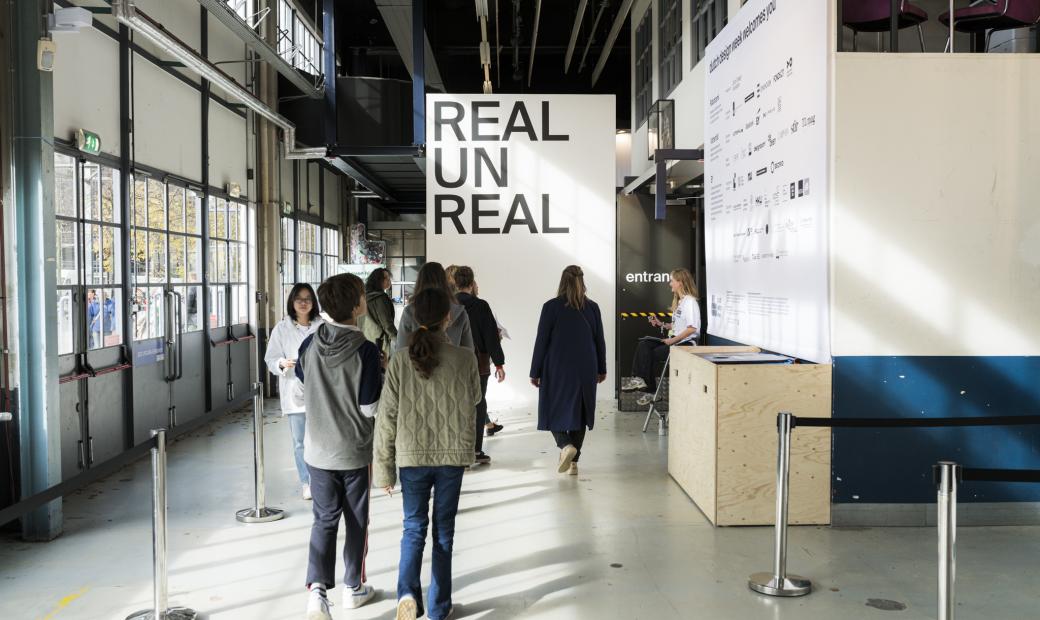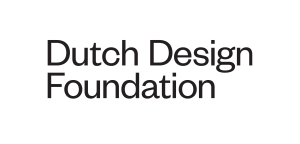Play video
Your brand. Your message. Our stage.
As a partner, you’ll be co-creating the conversation about where the world is heading, gain access to a powerful network, get meaningful exposure and lead in areas that matter globally, like sustainability, technology and culture. We invite you to stand at the heart of a design event where makers, businesses and critics meet. Together we shape the design of the future and the future of design.
- 300.000+ international visitors
- 3.5 million impressions on owned channels
- €30.200.000 total media partner value
- 315+ press attendees in 2024
There are several ways to partner with us











